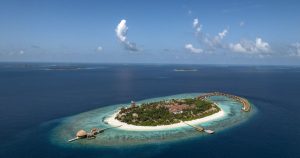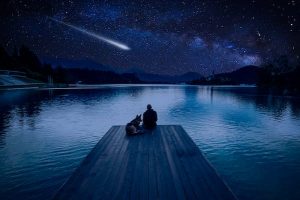
Studded with thousands of castles, old villages and vineyards, the Loire valley feels like a step back in time.
In western France, this region blends history, nature and the French art de vivre (way of life) like no other. Crossed by the Loire, the last wild river in Europe, the area is a Unesco World Heritage Site for its landscapes and the richness of its monuments. Whether it be by foot, bike, boat or car you will experience life that pulses to the rhythm of the Loire. Here are the top things to do.
Get trusted guidance to the world’s most breathtaking experiences delivered to your inbox weekly with our email newsletter.
1. Rendezvous with history in the Château de Chenonceau
Have you really visited the Loire Valley if you haven’t visited a castle? Ask any local which one it should be and their answer will be Chenonceau. This architectural wonder spans the Cher River; autumn and winter are the perfect seasons to admire the setting sun reflected in the arches over the water.
Built in the early 16th century, the monument has endured through the years. Be prepared to be carried away by the remarkable Grande Galerie, the 60m-long (197ft) room built over the Cher. For many years, the Galerie hosted royal parties. During WWI, it was converted into a military hospital and, from 1940 to 1942 during WWII, it served as an escape road between the French-occupied zone and the Free Zone. In the basement, at the river level, you will find the kitchen and its loads of period utensils. If you pay close attention, you can still feel the buzz caused by the preparation of ostentatious banquets.
Five remarkable women marked the castle. Each of them enhanced it during their time, granting the monument the nickname “Château des Dames” (“The Ladies’ Castle”). One of the most famous is Catherine de Médicis, known to be Henri II’s scheming wife, who added the galleries above the Cher.
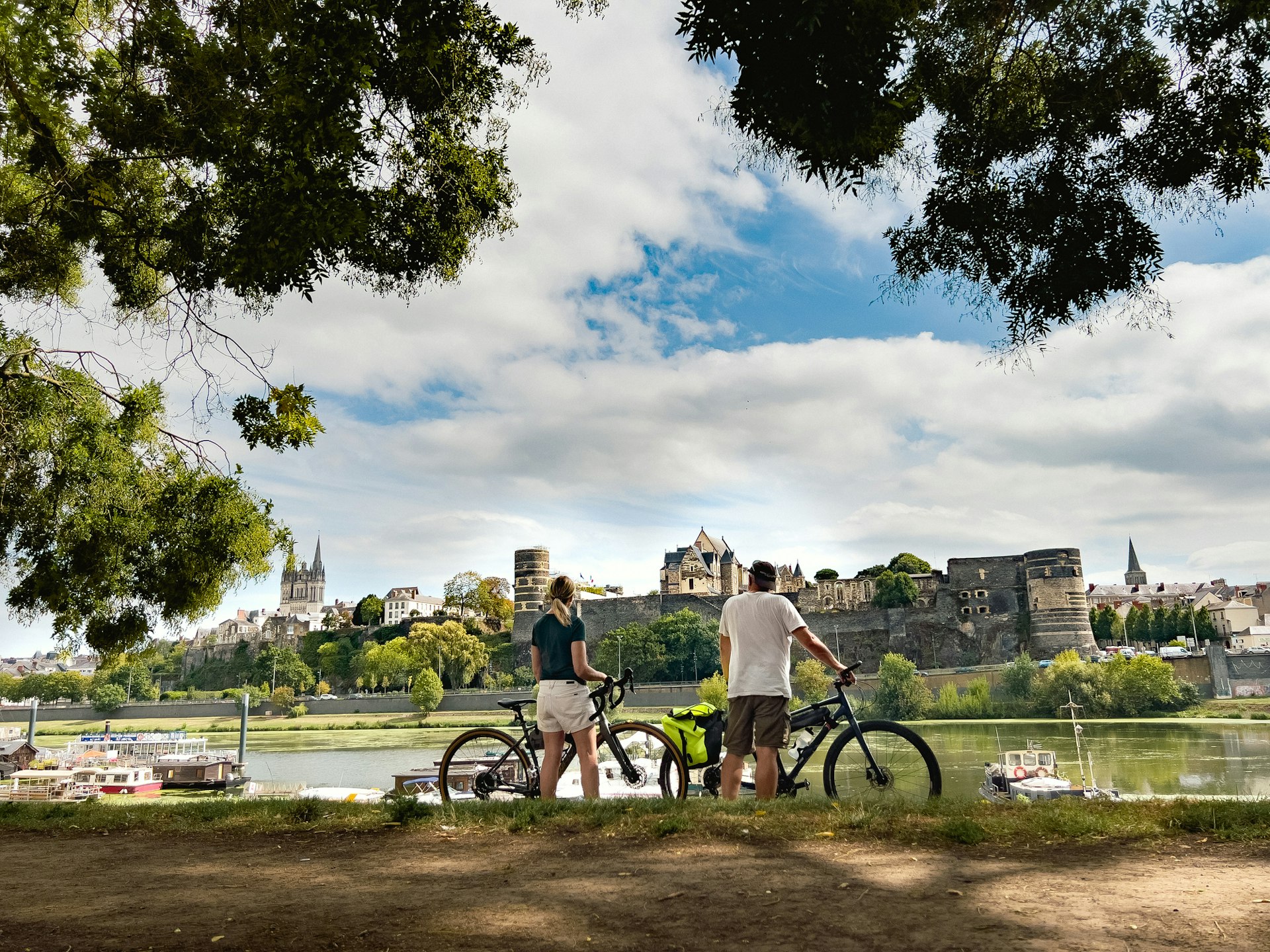 Biking by the river gives you a chance to experience the slower local pace of life © nicolamargaret / Getty Images
Biking by the river gives you a chance to experience the slower local pace of life © nicolamargaret / Getty Images
2. Cycle along the river
A perfect way to discover the region along the river is by bike, and there’s no need to be a professional cyclist as the road is mostly flat. The 900km (560 mile) “Loire à Vélo” itinerary crosses hidden villages and lively cities while following the river’s curves. Very busy in the summer, it is also pleasant in the spring and even more so in the autumn when the fall colors turn orange. Rent a bike and look for your own quiet spot for a picnic.
Planning tip: If you need a break from cycling, look for a guinguette. These temporary restaurants pop up along the Loire bank when spring starts to warm the evenings. Depending on where it is located, you will be able to taste some local specialties. Near Saumur, order some fouées, small balls of bread baked in a wooden oven served with various fillings. A little further, around Tours, be delighted by Rivarennes’ pear tapées. Try freshwater fish, zander with a beurre blanc (white butter) sauce, or Loire whitebait.
3. Dive into the center of the earth near Saumur
Get ready to be transported to the Shire, alongside Bilbo, Frodo and their Hobbit friends. Head to Saumur and its surroundings to discover troglodyte villages, where houses are dug into the rock, almost hidden by green foliage. But there’s more: troglodyte caves spread under your feet too! There are more than 1000km (621 miles) of underground galleries that you can explore on the troglodyte site of Les Perrières. It’s a unique and mysterious journey, that includes a visit to a giant underground cathedral.
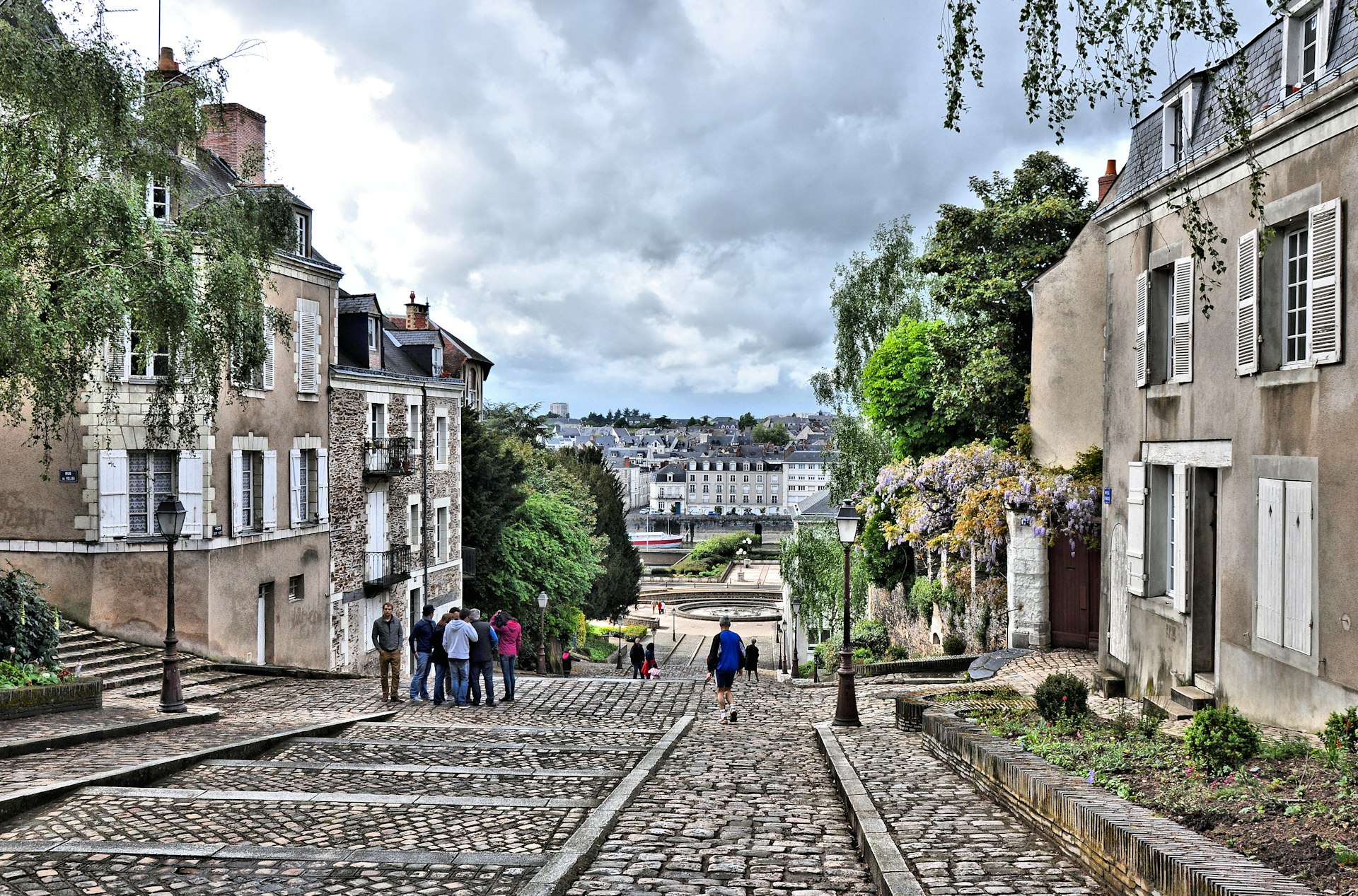 Take your time in relaxed Angers © Gennady Stetsenko / Shutterstock
Take your time in relaxed Angers © Gennady Stetsenko / Shutterstock
4. Experience the easygoing vibes of Angers
Attributed to Joachim du Bellay, a famous French poet from the 16th century, the douceur angevine perfectly reflects the feeling of anyone staying in Angers. Originally, this expression relates to the mildness of this region, but nowadays, it also pictures the laid-back lifestyle you will experience here. In Angers, you do not walk, you wander. Sit in one of the Cale de la Savatte bars to enjoy an evening soothed by the lapping sounds of the river. The medieval castle overlooks the city as you sip a glass of local wine. And if you are into cocktails, know that you are in the birthplace of Cointreau, the bitter orange liqueur used in the Cosmopolitan and the Margarita – visit the distillery that is still located in the city.
Angers condenses culture, history and nature with surprises round every corner in the city center. Behind the Gothic cathedral, look up for the Maison d’Adam, a half-timbered house with old wooden sculptures.
Planning tip: Take the elevator at Le Quai, the contemporary theater, for a panoramic view of the city and its surrounding.
5. Sail on the last wild river in Europe
An unusual way to see the Loire is to sail with one of the river’s last freshwater fishers on a traditional wooden boat named a toue. Historically, these were used for freshwater fishing, which was a very common profession before the 20th century. Nowadays, less than 200 of these fishers remain using ancestral techniques. Getting to ride with one of them is a unique experience, combining history, tradition and nature.
Planning tip: Book your tour at the end of the day to catch the sunset while you are sailing. Or for adventurous souls, embark at dawn to pick up the nets.
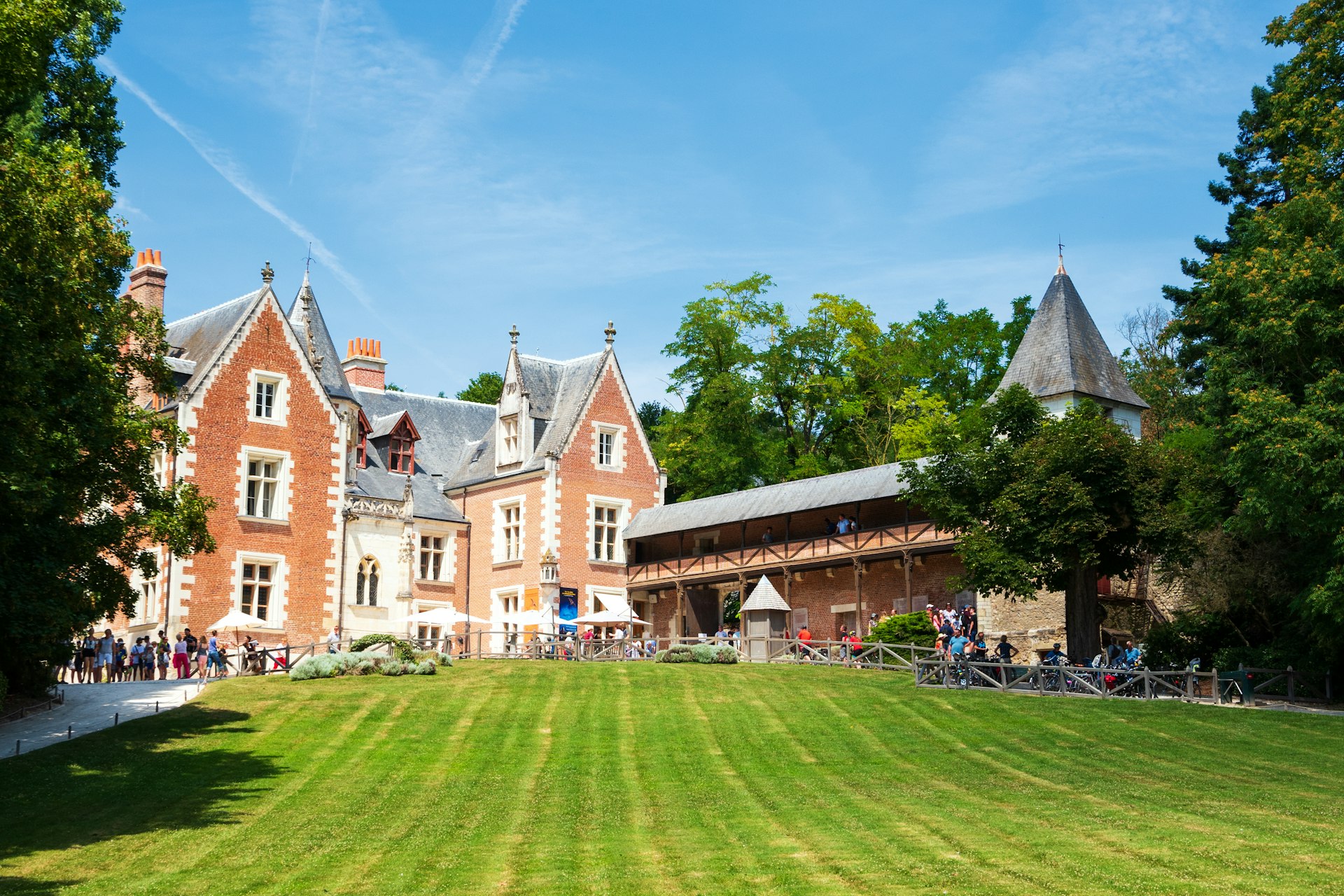 Clos Lucé in Amboise was home to Leonardo da Vinci towards the end of his life © Elena Dijour / Shutterstock
Clos Lucé in Amboise was home to Leonardo da Vinci towards the end of his life © Elena Dijour / Shutterstock
6. Walk in the footsteps of genius Leonardo da Vinci in Amboise
How amazing would it be to spend time in the presence of a genius? And moreover, the one who painted The Mona Lisa? Welcome to Clos Lucé, the last mansion of Leonardo da Vinci, located in Amboise, a city marked by the Renaissance period. Not only was he a great painter, but also a prolific inventor. Driven by his scientific curiosity, his love for nature and his observation skills, he designed innovative machines throughout his life. Born in Italy, Leonardo da Vinci came to France summoned by King Francis I, and moved to le Clos Lucé, near the King’s castle. Nowadays the Clos Lucé hosts the inventor’s sketches and model machines. From his room to his studio, you will stroll into his brilliant mind and his tireless search to enable humans to fly.
7. Taste Savennières wine near Angers
If you want to improve your knowledge of French wine, you have come to the right place. Vineyards are part of the Loire Valley’s landscape, making it difficult to forget you are in a wine-production region. One particular cepage (grape variety) is associated with the location: the Chenin blanc, also called the cepage royal.
The vineyards south of Angers produce a specific wine called Savennières. It is a floral and mostly dry wine with a beautiful golden reflection and a worldwide renown. Only 150 vineyard hectares can claim Savennières as their designation of origin.
Detour: While in the area, cross the river to look upon the enchanting island of Béhuard. Many workshops have a storefront in the cobbled alleys, giving the village an inspiring and artistic vibe. A small church sitting on a rock overlooks the beautiful natural landscape. If you happen to be visiting during the last weekend of August, you’ll be just in time for the “Fête de la Plate”, a traditional boat race you can attend while eating at La Croisette, the famous isle’s guinguette (open-air restaurant).
8. Fall back into childhood in Nantes
At the mouth where the Loire flows into the Atlantic Ocean, Nantes is home to a timeless space – Les Machines de l’île – an artistic project located in the old shipyards, where the imagination of Jules Verne meets the inventiveness of Leonardo da Vinci.
Expect to be speechless in front of the gigantic articulated elephant made out of wood and steel. Under the machine gallery’s glass roof, a veritable mechanical bestiary awaits you. Outside, a three-story carousel draws your attention. Mechanical sea creatures spin to fairground music like something out of a Tim Burton movie. Let your inner child run riot in this magical fantasy world.

